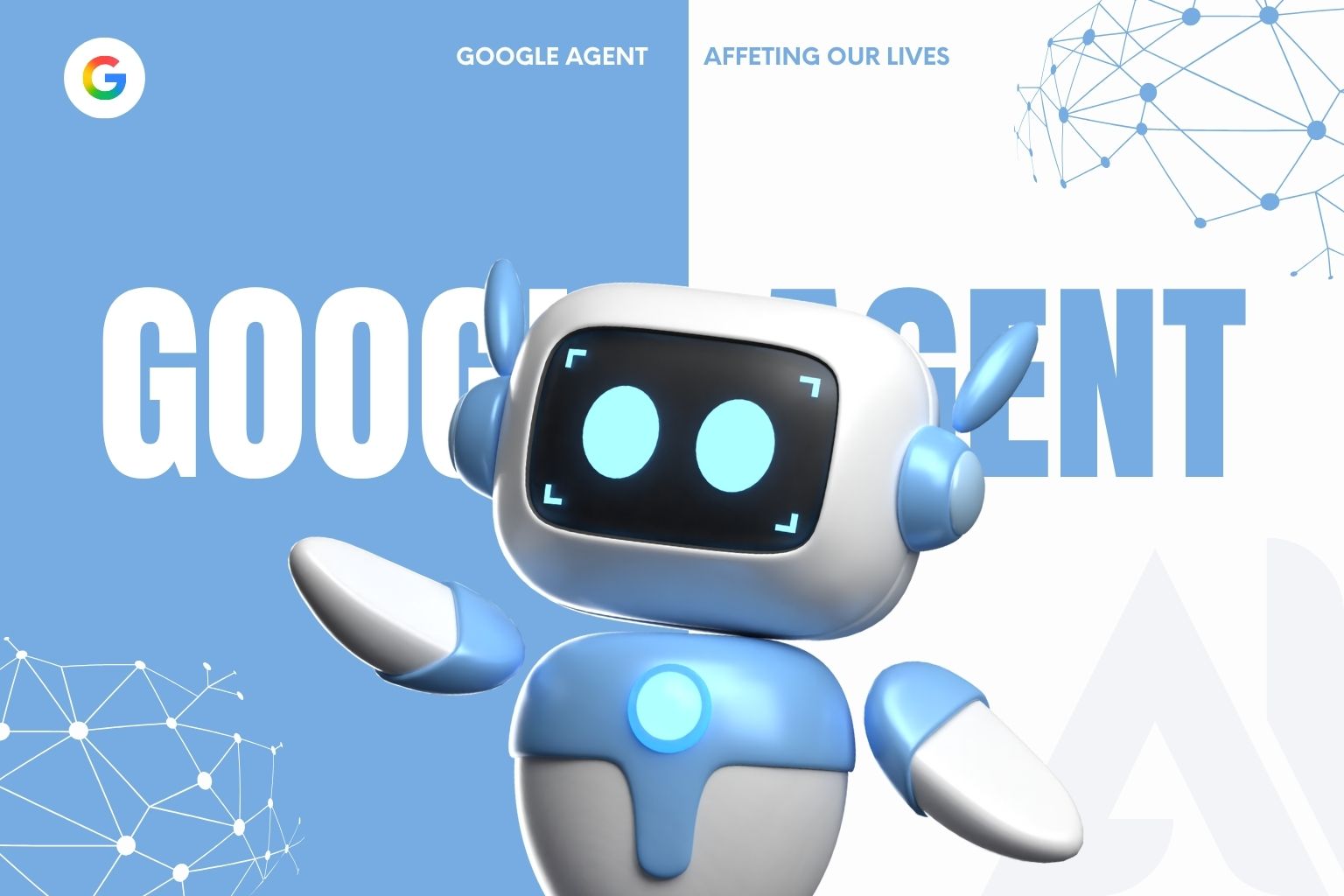How Google’s AI Advancements Are Disrupting Startups — And What They Can Do About It
Smash Code
May 30, 2025

At Google I/O 2024, the tech giant unveiled some of its most ambitious AI developments yet. Tools like Gemini 1.5, Google's advanced large language model (LLM), and seamless integration of AI across Search, Gmail, and Android have pushed the boundaries of what AI can do for the everyday user.
One particularly disruptive feature is AI Overviews in Google Search, where users get summarised answers directly from AI instead of clicking on websites. For startups relying on SEO and organic search traffic, this is a major concern. If users stop clicking links, traffic drops — and so does revenue.
Why Startups Should Be Worried
Startups often succeed by finding small, innovative ways to solve problems that big companies overlook. But with Google’s AI now capable of writing code, answering complex queries, managing emails, and more— many startup business models are being squeezed out of relevance.
For example:
- AI writing assistants
- Task automation tools
- Customer support bots
- Code generation platforms
These were once solid startup ideas. But now, Google's ecosystem offers many of these features for free, backed by unmatched computing power and user reach.
Meet the AI Agents That Are Changing How We Use the Internet

Not too long ago, searching for something online meant typing a bunch of keywords into Google and hoping the right link would pop up. We’d scroll through pages of results, click around, open tabs, and piece together the answers ourselves. It worked — but it wasn’t exactly effortless.
Now, imagine having a smart assistant who not only understands what you’re asking, but also why you’re asking it — and gives you the answer right away. That’s the magic of AI agents.
These new AI-powered tools are flipping the traditional search model on its head. Instead of keyword-matching, they engage in real, natural conversations. You can ask a question the same way you’d ask a friend, and the AI understands your intent, context, and even your follow-up questions.
Let’s say you’re planning a trip. Instead of typing “best places to visit in Italy in September” and opening 10 different blog posts, you just ask, “Where should I go in Italy this September for good weather and fewer tourists?” The AI agent takes it from there— pulling data from various trusted sources, weighing your preferences, and giving you a curated, helpful answer in seconds.
And it goes even further. Some AI agents don’t just stop at giving answers — they take action. They can book your flights, schedule appointments, or help write emails. It’s like having a digital personal assistant that learns as it goes.
This shift is more than just convenient. It’s changing how we interact with the internet entirely. Search engines, as we know them, are being challenged. Businesses can no longer rely only on ranking high in search results — they need to think about how their content or services fit into these new, AI-driven experiences.
For developers and entrepreneurs, this opens up a world of opportunity — but also demands a new approach. It's not just about being findable anymore; it’s about being useful, relevant, and integrated in the way these AI agents work.
The future of search isn't about links. It's about answers, actions, and seamless experiences. And it's already here.
Adapt or Die: What Startups Can Do Now

Despite the doom-and-gloom narrative, all is not lost. Startups have one key advantage: speed and flexibility.
Here’s how they can respond:
1. Find a Niche Google Can’t Serve
Big tech often struggles to cater to highly specific markets. Focus on micro-niches or underserved demographics. Solve real, local problems that large platforms overlook.
2. Build on Top of the Giants
Instead of competing with Google, build complementary tools. Use Google’s APIs and AI models to create specialised solutions or plug-ins for niche industries.
3. Offer Better User Experiences
People still value human-centred design, empathy, and personalised support. Focus on exceptional customer experience, fast updates, and tailored services.
4. Double Down on Community and Trust
While Google offers technology, startups can win on community, transparency, and brand loyalty. Build a tribe, not just a user base.
The Opportunity Hidden in the Disruption
Yes, Google’s AI advancements will kill off some startup ideas — but they’ll also create space for new ones. Every disruption opens a door. The startups that survive this shift will be the ones that evolve quickly, listen to their users, and embrace change rather than fear it.
As the saying goes, “It’s not the strongest who survive, but the most adaptable.”